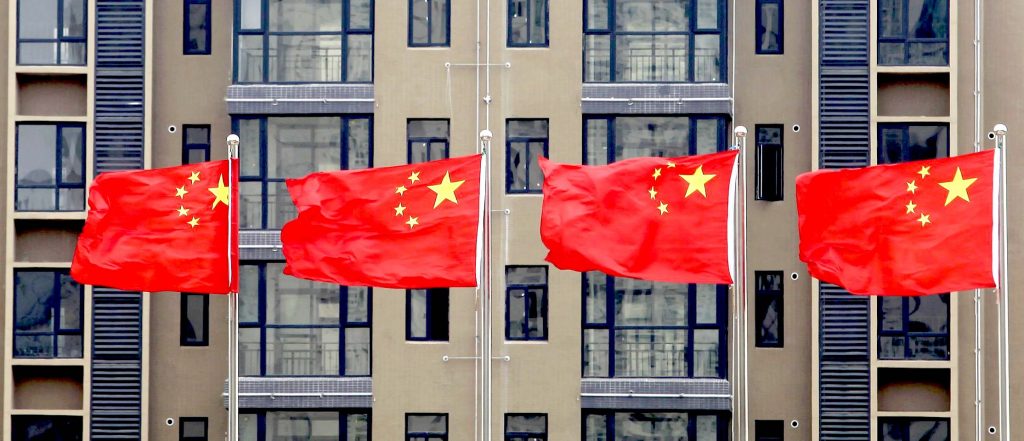Mercedes-Benz, the luxury unit of Daimler AG , recently learned the price of crossing Beijing. Earlier this month the German car maker was attacked by state media after posting an anodyne Dalai Lama quote on Instagram. The company quickly and abjectly apologized to the Chinese government. It then went further, promising “no support, assistance, aid or help to anyone who intentionally subverts or attempts to subvert China’s sovereignty and territorial integrity.”
[Michael Auslin | Feb. 20, 2018 | WSJ]
This public humiliation has prompted many companies to ask: How much is it worth to stay in China’s markets?
Gone are the days when China bided its time, as counseled by Deng Xiaoping. In exchange for continued access to Chinese markets, Beijing increasingly expects Western companies to engage in self-censorship, accept government control over information, and even punish their own workers for offending China.
Few companies have been willing to stand up for themselves when singled out. In January the American hotel giant Marriott caved in to pressure and temporarily shut down its websites in China. Its offense? An online questionnaire listed Tibet, Taiwan, Macau and Hong Kong as independent countries. After changing the website, the company’s CEO publicly stated that Marriott “respects and supports Chinese sovereignty and its territorial integrity.” Delta Air Lines , Qantas, Zara and Audi are also fellow travelers in China’s geopolitical strategy.
Perhaps most concerning, China has taken a particular interest in changing the fundamental way Western technology companies function.Facebook , banned in China since 2009, has worked on a “targeted censorship” tool during its bid to re-enter the country. Apple agreed to a partnership with a Chinese internet service company, effectively sharing user data with the government. There is no way either company would accept such demands from the U.S. government.
Some Western corporate leaders argue that running away from China makes no sense. “We believe in engaging with governments even when we disagree,” Apple CEO Tim Cook said last year. But engagement is a two-way street, and Beijing has shown no willingness to accommodate. Instead it has become more intrusive.
China’s behavior makes it necessary for Western companies to ask whether the cost of doing business can be too high. Does the profit motive override any responsibility to defend the values of the societies from which they emerged? If only to draw the line against further demands, companies should be reflexively opposed to Beijing’s overreach. Otherwise they should expect the cost of doing business in China to continue to rise.













